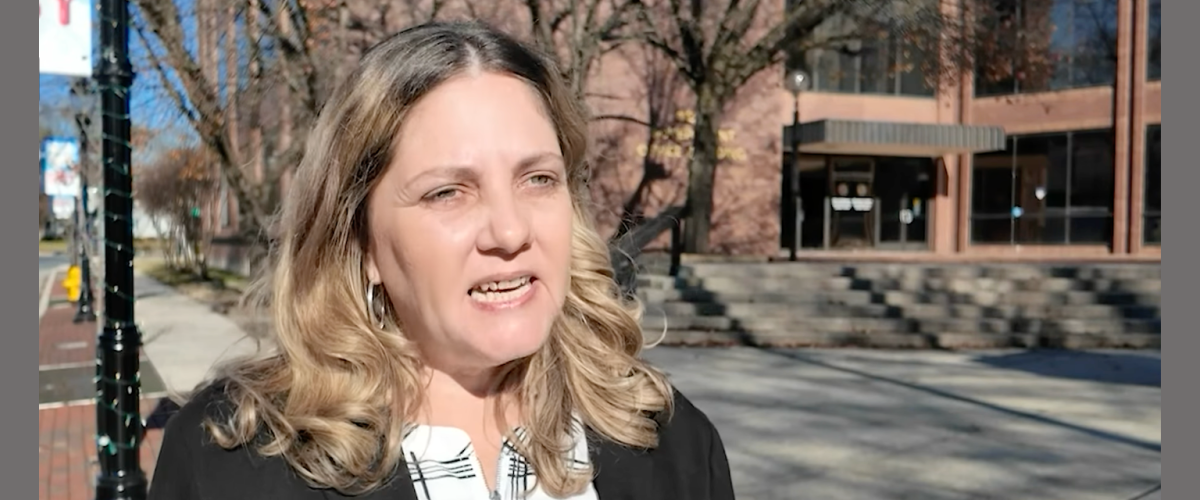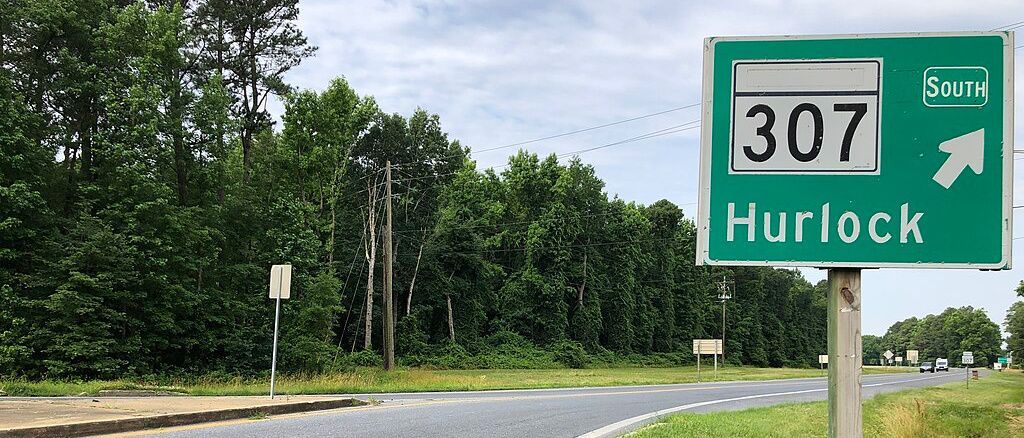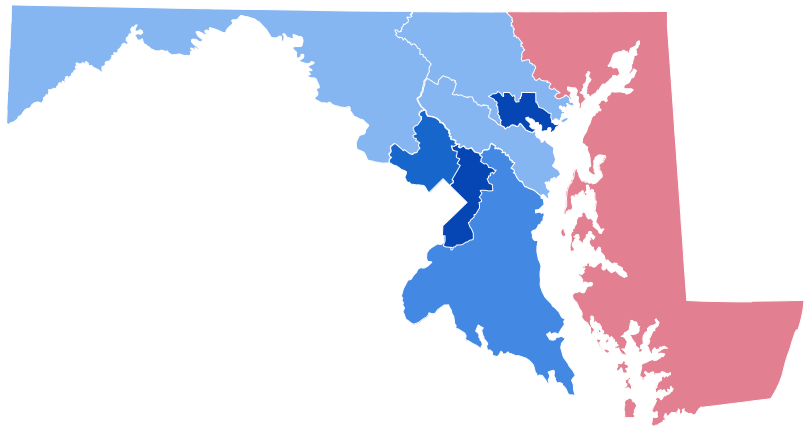Police Reform is Good for the Community

Recent video recordings of encounters between the Ocean City Police Department and members of the public have again put the important issue of criminal justice and police reform in the spotlight.
Unfortunately, each time one of these events occurs, calls for police reform are met with the false narrative that reform is anti-police or an attack on our brave first responders. This faulty thinking is detrimental to the safety of our community and to our public servants.
Because current policing structure needs major reform, police reform is beneficial for both the community and our law enforcement officers. To combat crime, police need a complete toolbox. Law enforcement is necessary to protect society, but the police are tasked with too broad an undertaking with the tools provided.
Regrettable actions by a few officers have resulted in brutality or loss of life. These events have caused fear and distrust of police in many communities and have made the job of law enforcement officers more difficult.
Police reform is good for communities because it will help prevent these types of encounters, will keep unprofessional officers from being hired again, and will rebuild trust in the community. The goal of police reform is that no matter what someone looks like or where they’re from, they want to know they can make it home to their family at the end of the day.
In the current debate over this issue, the fact that police reform is also good for police officers is often overlooked and not discussed.
There can be no doubt that the actions of a few bad officers have harmed the community's perception of the whole profession. These feelings of fear towards police and overall distrust result in a community less likely to cooperate with police. They create an unsustainable tension between a community and its police department. These effects make the already difficult job of law enforcement even more complex and contribute to many of the issues we see in policing today.
Establishing accountability and providing access to new training and techniques will improve how our community is policed. Most officers are honest and decent and risk their lives every day to serve our communities and keep us safe. These officers agree that those who don’t follow protocols or abuse the community are bad for the profession and need to be held accountable. Police reform would create the necessary mechanism to hold bad actors accountable and ensure that when they get in trouble for not upholding the standard of law enforcement, they cannot just move elsewhere and continue their mistreatment in another community.
Police reform would also provide additional education in de-escalation and implicit bias. The greater the variety of tools we provide for law enforcement, the more likely it becomes possible to create positive outcomes for situations like these.
Police reform would also help police officers by reducing the overwhelming burden put on them. Police are expected to investigate crime, address poverty, do traffic stops, solve mental health issues, and work in schools. We need a more holistic approach to our society, one in which we don’t task just the police to deal with a host of societal problems.
We must also give police the tools to prove they followed the correct protocols and procedures. Introducing body cameras for on-duty officers is one such policy. Initially perceived as an attack on law enforcement, cameras in fact give officers the ability to defend themselves if they are accused of wrongdoing after they followed proper protocols and policies. Police reform isn’t “anti-police”; it is instead the means to provide accountability and transparency, and to allow police officers to show how they serve the community in a positive light.
In politics today, many elected leaders and special interests use catchy slogans and inflammatory rhetoric to mislead the public and to create fear about police reform. Instead of implementing policies that address the issues raised by their constituents, they focus on scoring political points with their base while dividing our community and blocking meaningful reform in the process.
The problem with this approach is that slogans and foot-dragging won’t address the issues and won’t help the police. Until we have serious conversations about police brutality and the need for reform, we will continue to perpetuate an endless cycle that gets worse by the day.
Neither the community nor the police can’t afford to stay in this cycle because our elected leaders refuse to put in the hard work required to create legislation, educate the community about the legislation, and then turn it into law. We need local leaders who are willing to address these issues and not “virtue signal” in an effort to be popular or pander. It’s time to expect more, to expect our elected officials to put in the hard work.
Michele Gregory is a member of the Salisbury City Council. She is running for State Senate in District 38 to overcome the hyper-partisan divides and address issues like police reform. Her plan includes diversifying resources that will improve community interactions, ending "broken window" and for- profit policing, and creating community oversight. She believes that we can better support the police when we don't ask them to shoulder society's failures.
Common Sense for the Eastern Shore







